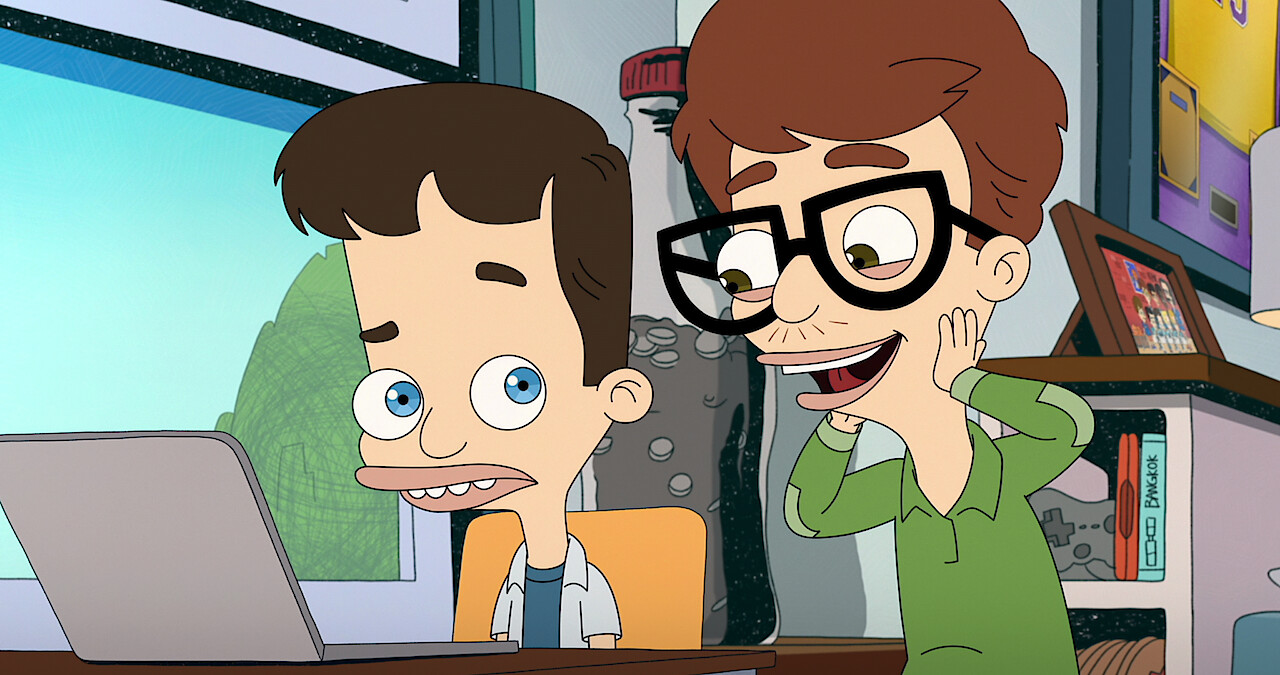With its eighth and final season dropping on Netflix on May 23, “Big Mouth” is wrapping up one of the boldest, most candid animated series ever created about adolescence. From its very first episode, the show has stood out for its fearless approach to topics many would rather forget—awkward growth spurts, hormonal chaos, embarrassing firsts, and the all-too-real voice in your head. For co-creator and star Nick Kroll, this wasn’t just comedy. It was therapy.
Nick Kroll on Relating to “Big Mouth”
In an exclusive interview with IMDb, Kroll opened up about the deeply personal nature of Big Mouth and the emotional toll of putting so much of himself into the character of Nick Birch.
“I was the youngest of my family. I hit puberty very late,” Kroll shared. “I was, in my own mind, pretty charming, simultaneously, I think pretty insecure and constantly comparing myself to my friends and others because I was really small.”
That raw honesty has been the soul of “Big Mouth” since day one. Though the show veers into absurdity with talking Hormone Monsters and Shame Wizards, its emotional core always stayed grounded in truth—truth that, for Kroll, was rooted in his own awkward teenage years.
“There was a number of storylines in the show that do reflect elements of my personal experience, for sure,” he said.
Nick Kroll on Using “Big Mouth” as Therapy
Kroll has long used comedy to explore and cope with difficult personal experiences, but “Big Mouth” took that process to new depths. Over the course of eight seasons, the show served not just as entertainment for viewers, but as a form of creative introspection for its creator.
“There’s nothing I regret putting on the show,” Kroll said. “I think it was liberating and therapeutic to sort of try to understand exactly what was happening to me and how that’s affected me as an adult.”Still, that process came with its challenges. Re-examining past wounds isn’t always as cathartic as it seems.
“When people use art as therapy, [they] don’t talk about [how] by revisiting [memories], you do kind of retrigger them,” he explained. “There are moments where it’s me talking about this foundational part of my life—[it] doesn’t necessarily always put it to bed. In fact, sometimes it reignites whatever I was going through in a weird way… I’m still processing it through my various therapists.”
“Big Mouth” ends its run having broken countless taboos, redefined what adult animation can be, and offered a safe (if raunchy) space for conversations about growing up that too many avoid. With a talented voice cast, inventive writing, and a fearlessness that bordered on therapeutic chaos, the show carved out a legacy of honesty and humor. For Kroll, it’s a bittersweet goodbye—not to the character, but to the journey of telling this version of his story.
As the final season premieres, fans can expect more laughs, more cringe, and more uncomfortable truths—exactly what “Big Mouth” has always delivered best.

